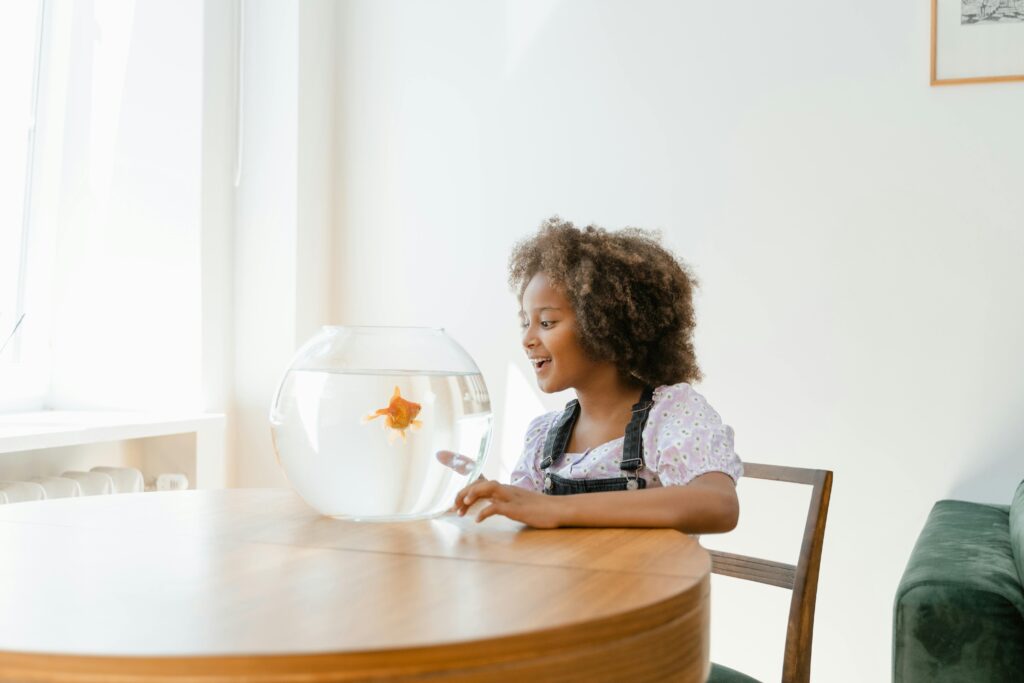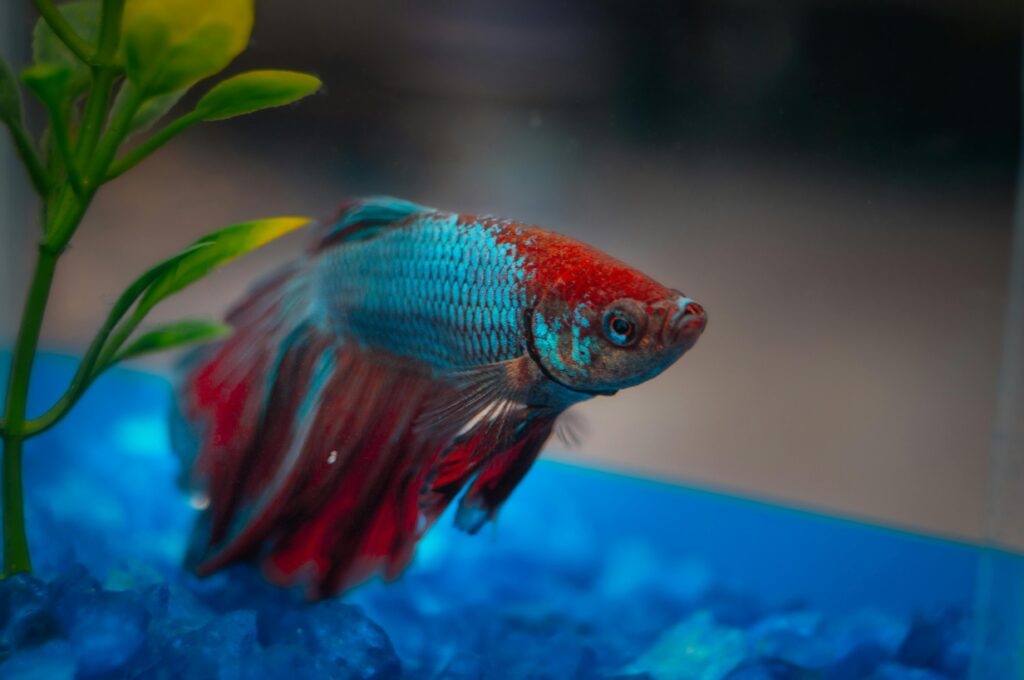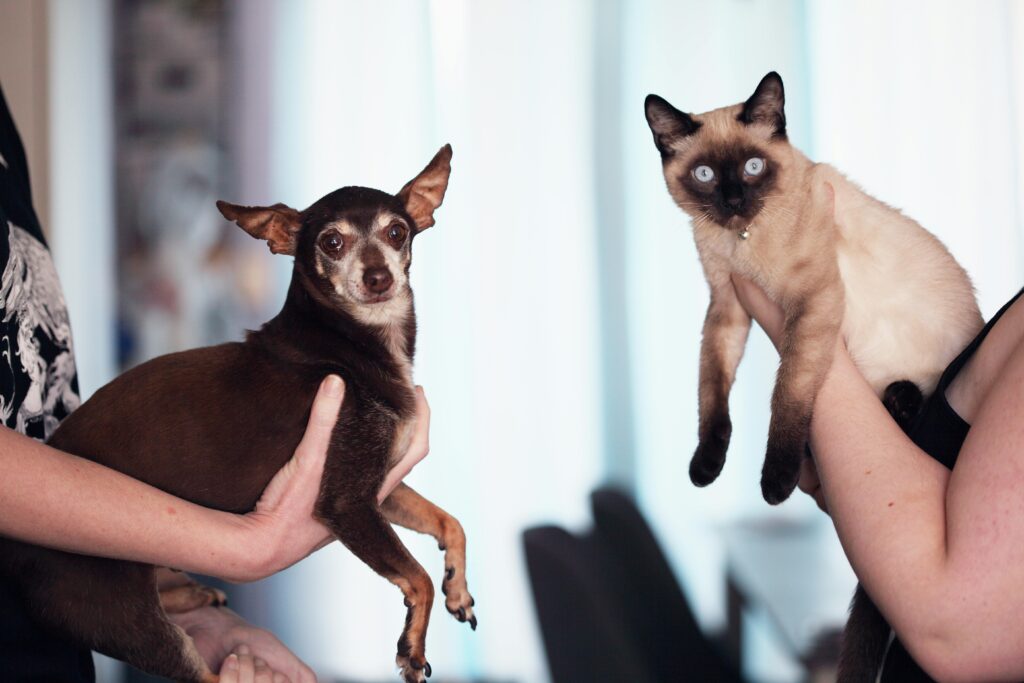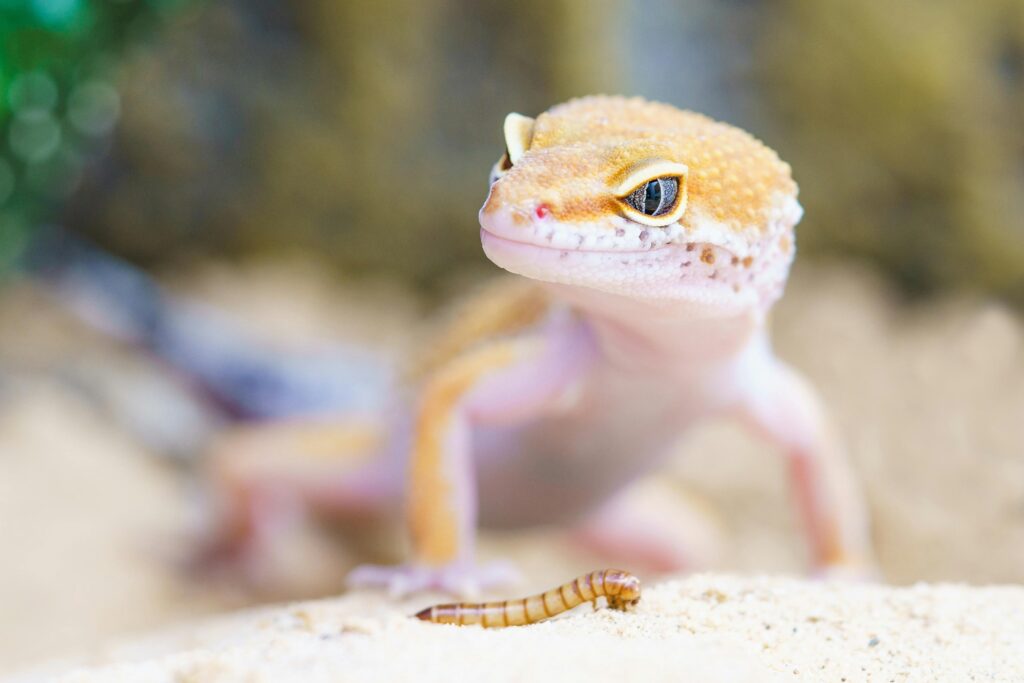When you bring a pet bird into your home, you feel happy. Birds are smart, friendly, and beautiful pets that can make your life more fun and energetic. A bird, on the other hand, needs very different care than a cat or dog. Birds need special food, a safe cage, things to keep their minds active, and regular care. With your love and attention, they will flourish and enjoy life fully. This article will teach you everything you need to know to care for birds as a hobby.
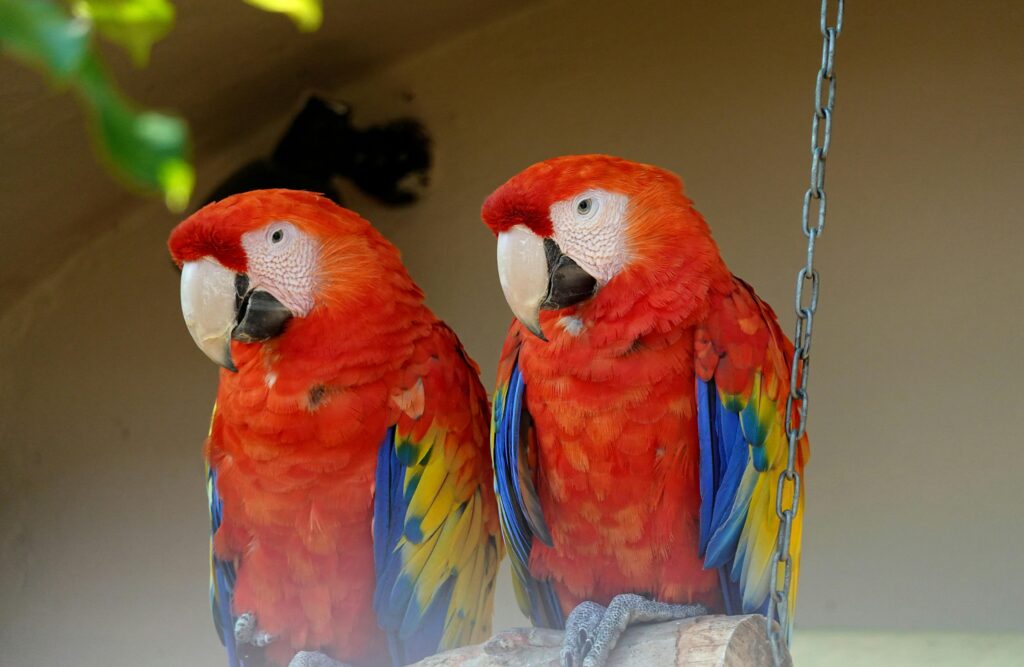
Understanding Pet Birds
Choosing the Right Bird for Your Lifestyle
You should pick out a bird that fits your lifestyle before you bring it home. Some birds, like canaries and parakeets, are small and easy to care for. Other birds, like cockatoos and parrots, need more time and attention. Think about what you do every day, how much time you spend with your bird, and how much money you spend on food and toys. Choosing the right bird will make the experience more fun.
Finding Out How Birds Act
When animals are together, they use sounds, body language, and movements to talk to each other. You can bond with someone better if you know why they do what they do. If a bird flaps its wings, it might be calm. But if it screams or bites, it could be happy or scared. If you pay close attention, you can tell what your bird needs and keep it from getting stressed.
How Long Pet Birds Live
Different kinds of birds can live for a very long time. Some birds, like finches, only live 5 to 10 years. Other birds, like parrots, can live up to 50 years or more. Knowing how long your bird usually lives can help you prepare for an extended relationship. Birds do not make good short term pets, so be prepared to take care of them for a long time.
Setting Up a Safe and Comfortable Cage
Choosing the Right Size of Cage
Your bird should be able to fly and move around in its box, so it needs to be big enough. A bird can be sad and sick in a small cage. Ensure the cage bars are strong and close together so the bird cannot escape. The cage should be at least twice the bird’s wingspan. For your bird’s pleasure, a bigger cage is always best.
Where in your house is the cage?
It is very important where you put the cage in your home. Place the box at eye level in a quiet but busy area where the birds can see people. This makes them feel safer. Cooking fumes can hurt birds, so do not put cages in kitchens. Also, keep the cage away from loud places with strong sunlight or drafts. A safe place will help your bird feel at ease.
Making sure the cage is clean
Your bird will stay healthy if you keep the box clean. Clean the food and water bowls daily, change the cage cover, and eliminate the waste. Once a week, use bird safe cleaners to scrub down the bars, perches, and toys in the cage. Germs cannot spread when the cage is clean, and your bird will be happy.
Feeding Your Pet Bird
Choosing the Right Bird Food
A varied diet is essential for birds’ health and fitness. Seeds are not enough because they don’t have all the nutrients you need. Pet birds should eat various foods, such as pellets, seeds, fruits, and veggies. Talk to a vet or pet shop worker about the best food for your bird’s species. Your bird will live a long time if it eats well.
Fresh Fruits and Vegetables for Birds
The fresh produce you give your bird is a great source of vitamins and minerals. Apples, carrots, spinach, broccoli, and bananas are all safe choices. Food should always be cut up and washed before it is served. Birds should avoid things that are bad for them, like avocado, chocolate, and caffeine.
Providing Fresh Water Every Day
Every day, birds need clean, fresh water. Every day or two, change the water because birds may drop food or waste into it. Put the food and water in a clean dish or bottle made for birds. Fresh water helps your bird digest food and stay healthy.
Health and Wellness for Pet Birds
Common Health Problems in Birds
Some health problems birds can have are trouble breathing, feather plucking, and illnesses. Watch for signs like a change in hunger, droppings that do not look right, or sitting still with fluffed feathers. Take your bird to the vet right away if you see these signs. Early care can help keep health problems from getting worse.
Importance of Regular Vet Check Ups
Just like other dogs, birds need to see the vet regularly. A vet who specializes in birds can look for secret health problems and give advice on the best food and care for your bird. Taking your bird to the vet once a year helps keep them healthy for much longer.
Grooming and Nail Care
To stay healthy, birds need to be groomed often. If their nails get too long, you can cut them, but only after getting help from a vet or bird expert. For safety reasons, some birds also need to have their wings clipped. Give them safe baths or mist their feathers with water to keep them clean. If you clean your bird correctly, it will look and feel good.
Mental Stimulation and Exercise
The Importance of Toys and Activities
Birds need to have things that keep their minds busy. Please provide them with ropes, bells, and chewable toys to keep them busy. Replace the toys often to keep the kids from getting bored. Bored birds are less likely to get sick and are happy.
Giving Your Bird Time Outside the Cage
For exercise, letting your bird spend time outside the box is important. Set up a safe area in your home to watch your bird fly or walk around. This keeps them moving, lets them fly, and allows them to explore.
Training and Bonding with Your Bird
You can get closer to your bird if you train it. Begin with easy orders like “step on your finger.” Treats and praise are good ways to use positive feedback. Training your bird not only makes it behave better, but it also helps you trust it more.
Creating a Safe Environment
Protecting Birds from Household Hazards
Birds are aware of many dangers in homes. The fumes from non stick pans, scented candles, and air fresheners can hurt birds, so do not use them. Plants, electrical lines, and small things should be kept out of reach. Your bird won’t get hurt if it lives in a safe place.
Temperature and Lighting Needs
The room temperature needs to stay the same for birds to stay healthy. Please do not put them in places that are too hot or cold. Full spectrum lighting or natural sunshine helps them stay healthy and happy. Your bird will sleep normally if the light changes regularly during the day and night.
How to Travel Safely with Your Bird
Use a safe travel box to take your bird with you. Lightly cover the cage to keep the animals from getting stressed out and ensure enough airflow. For longer trips, bring food and drink. Making sure you travel safely keeps your bird healthy and calm while away.
How to Build a Strong Bond with Your Bird
Having good times every day
Birds need to connect with other birds every day. Spend time with your bird by talking, playing, or sitting there. This makes them feel safe and loved. Giving your pet bird regular care makes your bond with it stronger.
How Birds Talk to Each Other
Birds use sounds and movements to show how they feel. Birds make noises that sound like words, like chirps and tweets. To figure out what your bird wants, learn how it talks in its own unique way. Talking to your bird well helps you meet its needs better.
Giving your bird room to move
Birds like being around other birds, but also need their own room. If your bird wants to rest, do not make it do anything. Because you know its limits, your bird will trust you more. A healthy bond has the right amount of room and attention.
Care and dedication for a long time
Making plans for the future of your bird
This is necessary since birds live for a long time. Assure that someone will take care of them when you are not around. Planning will ensure your bird has a safe place to live.
Making a budget for bird care
Caring for birds costs money because they need food, toys, cages, and trips to the vet. Make a budget to easily handle these costs. If you plan, you can give the best care without stress.
Why having a pet bird is a good idea
Caring for a bird takes time and work, but the benefits are great. Birds make your life more beautiful, fun, and full of friends. Every day, seeing your bird grow and do well makes you happy.
Conclusion
Caring for a pet bird is a big job, but it is also one of the best things you can do. There are ways to prolong your bird’s life and keep it happy by giving it a safe place to live, a healthy diet, mental stimulation, and regular care. Birds are more like family members than pets. If you take good care of your bird, it will bring you lots of happiness and company for many years.
